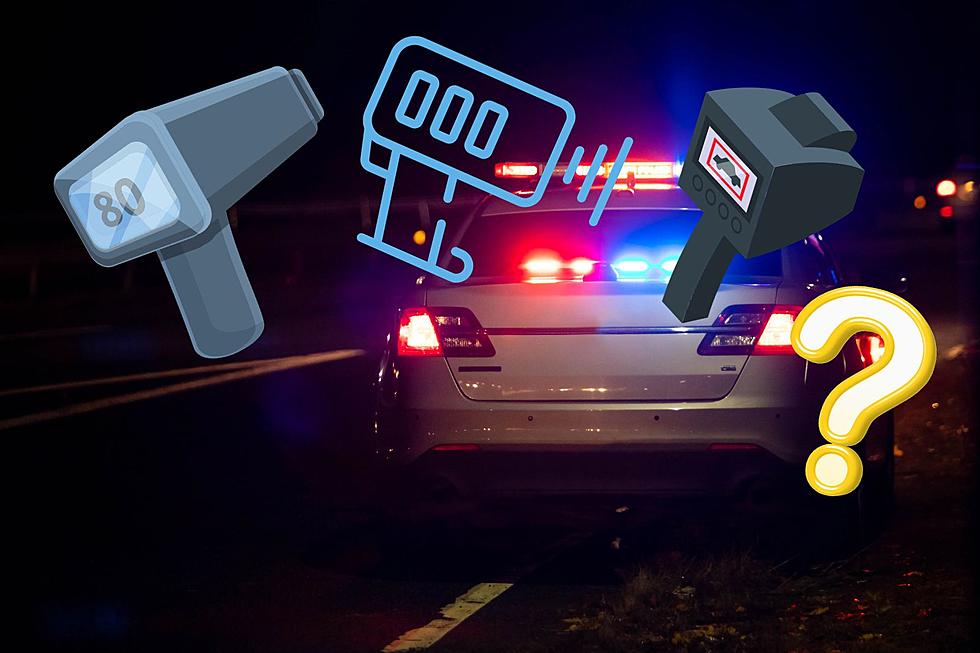
Are “Lights Off” Speed Traps Legal In Michigan?
Michigan drivers like to get to their destination as quickly as possible. Sometimes Michigan drivers exceed the speed limit to get to their location on time. Michigan is saturated with speed traps, are they legal?
What is a speed trap?
The state is keeping an eye on you and your speed!
Speed limits are enforced on most public roadways by authorities, with the purpose to improve driver compliance with speed limits. Methods used include roadside speed traps set up and operated by the police and automated roadside 'speed camera' systems, which may incorporate the use of an automatic number plate recognition system. Traditionally, police officers used stopwatches to measure the time taken for a vehicle to cover a known distance. Radar guns and automated in-vehicle systems are also used.
It's not rocket science! I've been pulled over because I was speeding and I got nailed in a speed trap. I had nobody to blame but myself.
What types of speed traps exist?
Michigan cops get creative with speed traps. Speed traps are routinely set up along stretches of roadway where there have been numerous reports of speeding vehicles or where traffic volume is high. In general, there are three forms of speed traps that law enforcement agencies may deploy.
The Stopwatch Speed Trap
This boils down to simple math.
Popular in the past, the first type of speed trap involved law enforcement officers measuring how long it took a river to travel a known distance between two fixed points. Officers would have a general idea of how long it would take a driver traveling at the speed limit to traverse the distance, and they would stop drivers who covered the distance too quickly. Today, some agencies use an airplane or even drones to measure how quickly a vehicle covers two known points from overhead. Prior to executing the trap, the plane or drone operator will know how long it should take a driver traveling the speed limit to cover that distance, and they’ll identify any vehicles that appear to be moving too quickly. A ground unit will then stop the identified speeding vehicle and cite the driver.
Hiding In Plain Sight Speed Trap
We see these speed traps all of the time. Michigan cops like to sit in the median on the highway, on curves on the roadways and at the top of hills. They also like doing this at night.
Plain-sight speed traps are the kind of speed trap that you and other drivers will likely encounter most frequently. With these, a law enforcement officer will stop alongside a road that speeding drivers are known to frequent. The officer may conceal their vehicle or otherwise park in a way so that they cannot be easily seen by speeding drivers. Using a radar gun or other speed-measuring equipment, the officer will check the speeds of approaching or passing vehicles. Vehicles that exceed the posted speed limit will be stopped and ticketed.
The Here Today, Gone Tomorrow Trap
This is a shady speed trap in my opinion.
The last of the three general forms of a speed trap is the most insidious, as it involves not just an officer’s actions but also the actions of an entire municipality. Here, the municipality suddenly and dramatically reduces the speed limit along a certain stretch of road for no reason other than to catch drivers unaware of the change. Officers will set up near the area where the speed limit has changed, stopping and citing drivers who fail to reduce their speed when the limit changes.
Are Speed Traps Legal?
You've been pulled over and you screaming about entrapment. Lame, nobody forced you or coerced you to speed.
Stopwatch and Hiding In Plain Sight speed traps are legit, even at night:
“Stopwatch” and “Hiding in Plain Sight” speed traps will almost always be found to be legal, and the citations issued as a direct result of their use are enforceable.
A Here Today, Gone Tomorrow type of trap, however, is a different story:
Many states have legal processes that must be followed before the speed limit on any road can be changed, and if they are not followed, any resulting tickets may be deemed invalid.
Best thing to do is not speed!
